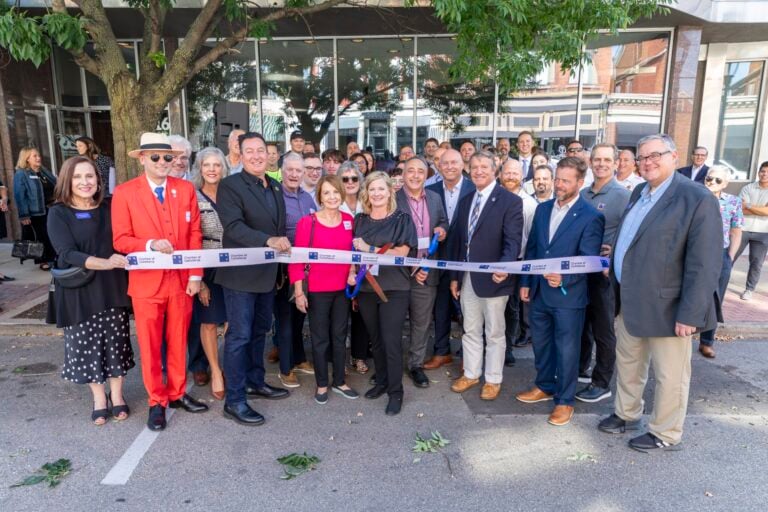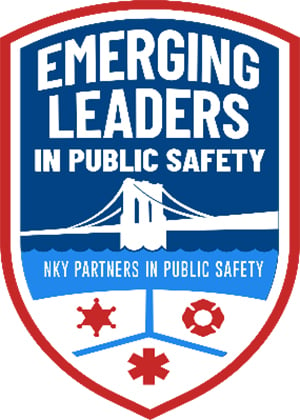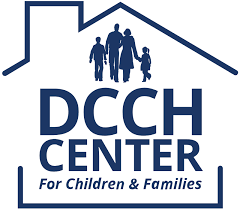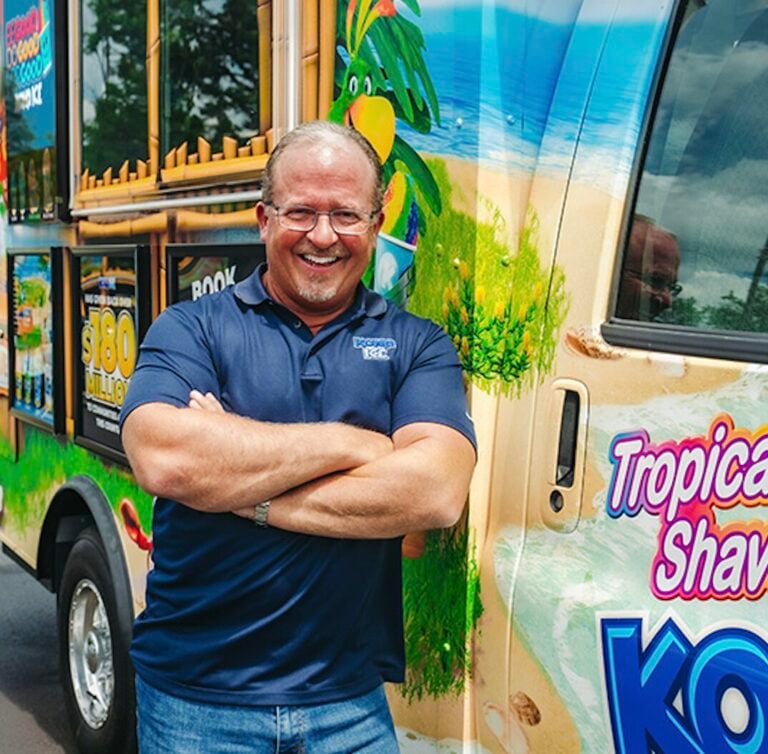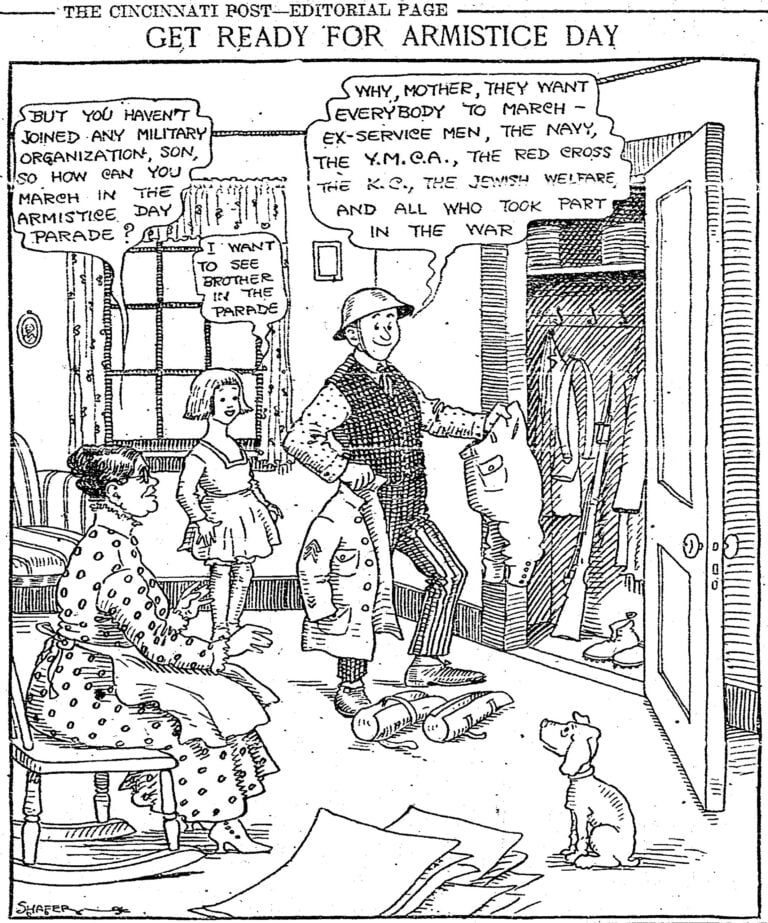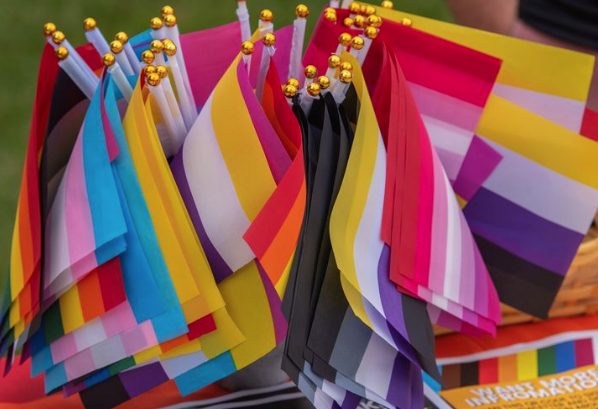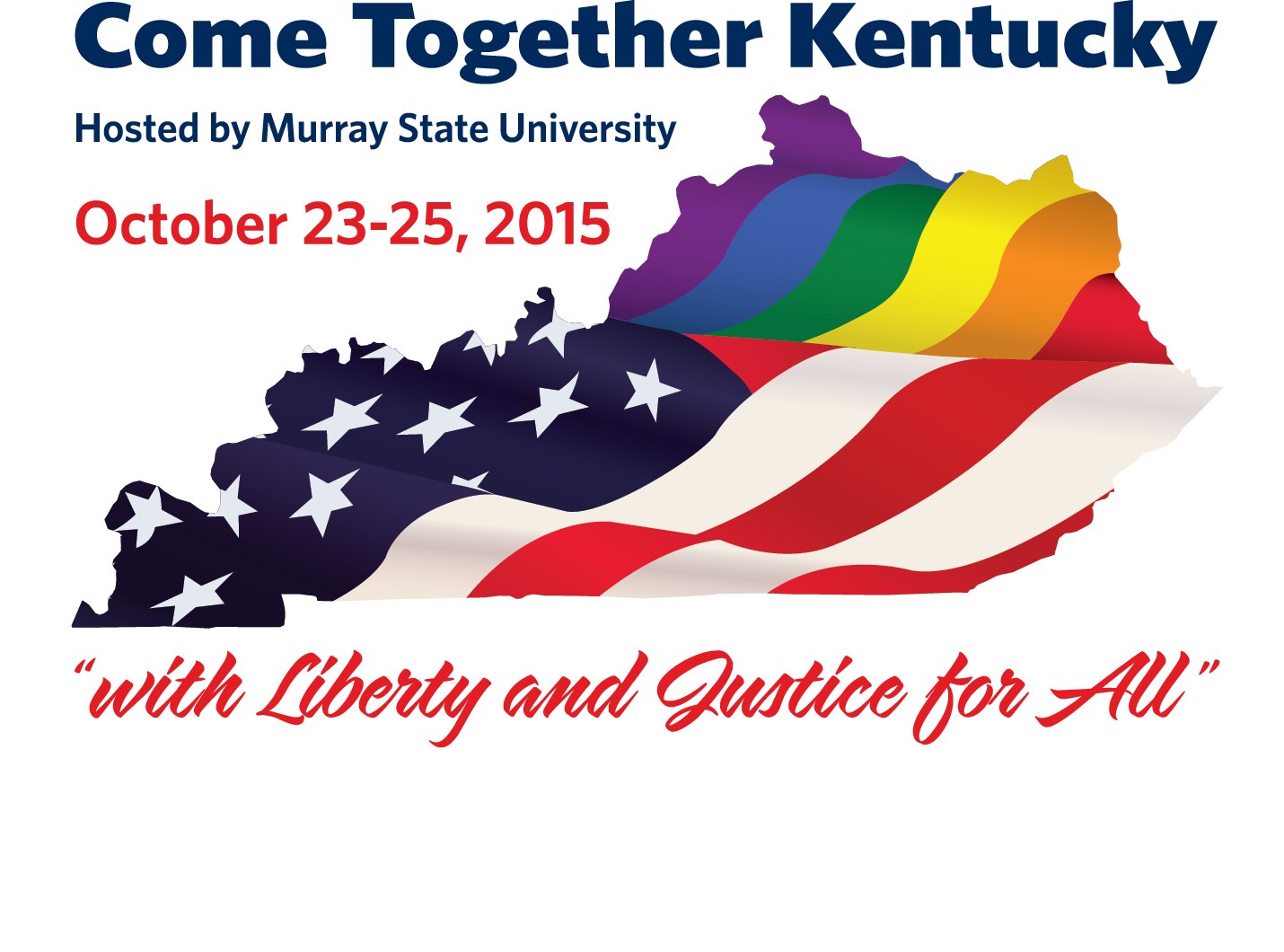After a day of too many deadlines and not enough coffee, I was tempted to skip a campus event intriguingly titled “Loosening the Gender Girdle.” In the end, however, the promise of dessert lured me to Murray State University’s Curris Center Ballroom to meet Robyn Ochs, educator, speaker and award-winning activist. I was one of a diverse group of 80 people who showed up, and while I came for the cookies, I have to admit I stayed because of the compelling discussion about gender.
In her opening remarks, Ms. Ochs zeroed in on the issue right away, pointing out the question most ultrasound technicians are asked first: Is it a boy or a girl? After that, Ms. Ochs declared, “There are expectations, yet there is no manual, there are no exact rules.”

The unwritten rules, however, are the ones that restrict us. Pink is for girls, blue for boys. Ruffles for females, roughneck stuff for males.
“The rules become clear when someone breaks them.” Robyn paused and surveyed the audience for a few seconds before asking, “How many of you ever got ‘the look’ when you broke one of the rules?”
Raised hands and rueful laughs suggested that this experience was shared by many.
She compared going against gender stereotypes to the invisible fences used to confine dogs to their own yards. They look like every other dog in the neighborhood until they push against the boundary, and then they get a shock for breaking the rules.
The first group exercise Robyn Ochs facilitated explored some unwritten rules. She had the audience divide itself into four smaller groups, and then form two concentric circles. After that, we worked with a partner to exchange single word responses to a series of prompts about gender. For instance, we were asked to identify a typical toy for young boys and then for young girls. When it came to topics like clothing, colors and pastimes, the responses fell into the usual stereotypes. Boys are expected to play with footballs, to get dirty, to fight, to holler and run. Girls cuddle their dolls, play nurse instead of astronaut, ask Santa for a play stove.
According to one MSU student who attended the talk, the various personal stories shared about gender boundaries were surprising. “Just in this small grouping of people of different backgrounds,” she said, “there were tales both alike and different all about how gender had basically shamed us. Some people talked about how their parents were so embarrassed for just trying to play with a toy of a different gender, and others about wanting to try something different but being shut down by being told that’s not what their supposed to do.”
Another student who hails from Humboldt, Tennessee, talked about being praised by a parent when dressed up in a fancy dress but criticized for preferring gym shorts, sneakers and wearing a hat bill to the back. “You look like a boy or a thug. Do you want to be a boy?” the mother asked.
“Obviously that hurt because it was comfortable, and identifying as a lesbian at the time, that is how I liked to look,” the daughter admitted.
Toward the end of the 90-minute program, the microphone was passed around and people were invited to read from something called a “Cisgender (or non-gender) Privilege Checklist.” According to the No. 1 on that list, in a world where gender is not defined in rigid terms, this statement would be true for all, straight and otherwise:
“It is unlikely that I will be ostracized by my family and friends, fired from my job, evicted from my home, given substandard medical care, suffer violent or sexual abuse, be ridiculed by the media or preached against by religious organizations simply because of my professed identity or perceived incongruent gendered behaviors or characteristics.”
That world is not yet fully evolved, but the discussion continues.
Robyn Ochs’ presentation at MSU was organized by the university’s LGBT Programming, and part of a regional program series called “Diversity and Inclusion,” sponsored by West Kentucky Community and Technical College, and including a range of events and activities in Paducah and Murray.
On Oct. 23-25, MSU hosts “Come Together Kentucky,” an annual statewide conference for LGBTQ equality. For more information or to register click here.
Constance Alexander is a faculty scholar in the Teacher Quality Institute at Murray State University. She is also a freelance writer.
To read more from Constance Alexander, click here.











